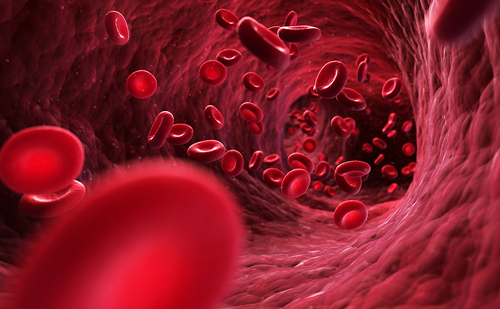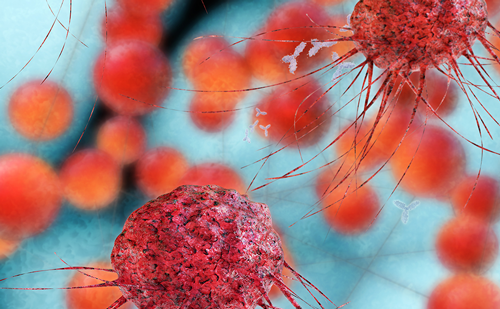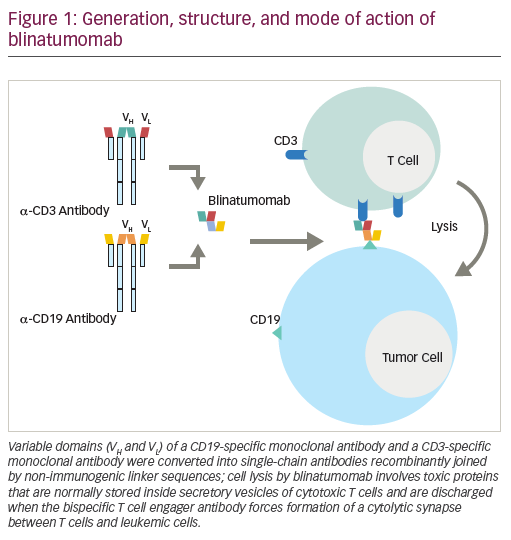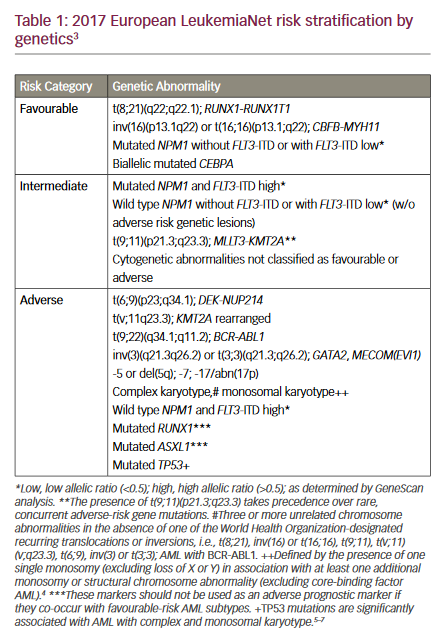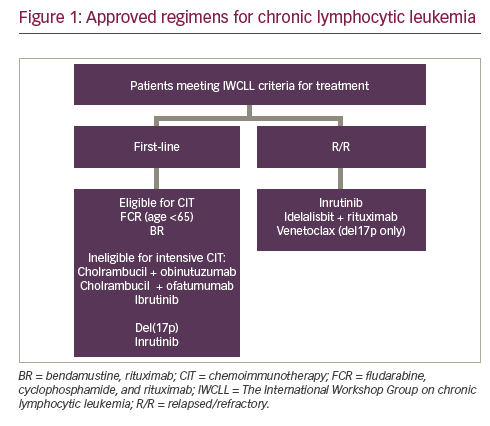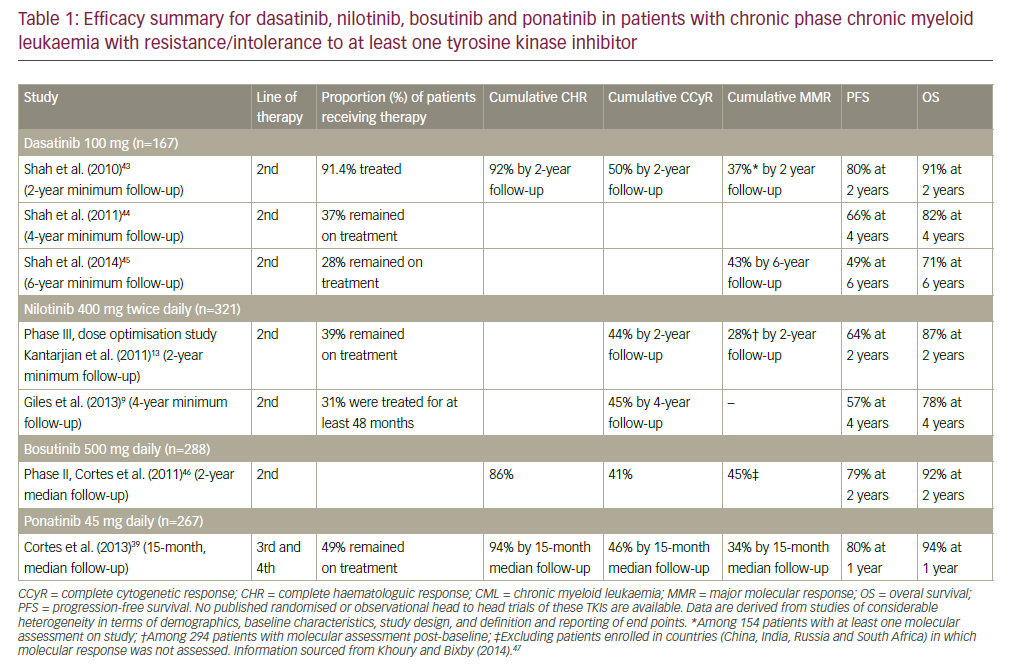This issue of US Oncology highlights many of the challenges that we face in our fight against cancer in this diverse world. Clinical drug development has become complex, and independent academic research is in danger. Fortunately, these difficulties are not reflected in the many excellent contributions in this publication, which highlights progress in almost every area of active and supportive cancer treatment, including in elderly patients. However, while developed countries discuss ways to move forward, they also need to help developing countries find their own solutions. Some should be easy to find, such as elimination of tobacco-induced cancers, yet they are not.
The International Union Against Cancer (UICC, www.uicc.org) supports efforts to improve cancer control worldwide, from prevention to early detection, access to care, and improved organization of cancer services. It held the World Cancer Congress at the end of August 2008 in Geneva, Switzerland. The opening speech by the Congress President, Professor Franco Cavalli, underlined the cancer crisis in the developing world, which comprises mainly poverty-related tumors (cervical, esophagus, liver), tumors linked to a western style of life (breast, lung, prostate, colorectal), a lack of primary and secondary prevention, and a lack of resources for treatment.
Dr Margaret Chan, Director General of the World Health Organization (WHO), indicated that as populations age we must anticipate a continuing rise in cancer incidence. She also emphasized that the huge gap in prospects for cure, survival, and a dignified death that divides the world according to wealth is unacceptable. A highlight of the Congress was the discussion of recent advances in cervical cancer prevention that offer new hope for controlling the disease in developing countries, which account for 80% of cases. The cost of human papillomavirus (HPV) vaccines, the most promising strategy, should not be an obstacle to tackling the disease in low-resource settings.
The complexities of the war on cancer are many, but the most encouraging message of the Congress was the World Cancer Declaration, signed by many leading organizations and individuals (see www.worldcancercongress.org/Declaration.php). A summit of more than 60 high-level policy-makers, leaders, and health experts adopted this global plan aimed at tackling the growing cancer crisis in developing countries. It recommends a set of 11 cancer-busting targets for 2020 and outlines priority steps that need to be taken in order to meet them. It was presented on Sunday August 31 at the close of the World Cancer Congress in Geneva and offered a global template for governments and other groups to tailor as they devise their own plans to guide local efforts. Mary Robinson, former UN Commissioner for Human Rights, who chaired the summit, declared that cancer control is a human rights issue, tied to the right to health through access to an effective health system. The World Cancer Declaration is an important basis for the next steps we all need to take.
Many other issues discussed at this Congress are reflected in the various articles in this issue of US Oncology. We wish to thank all authors for sharing their superb insights and knowledge with all of our readers.■




